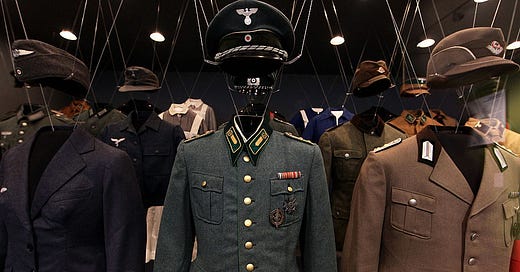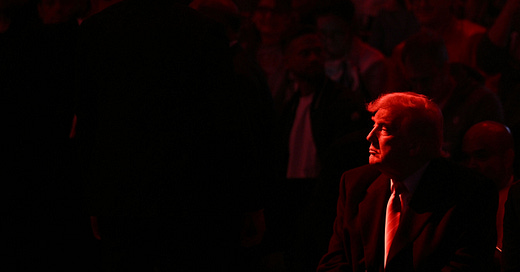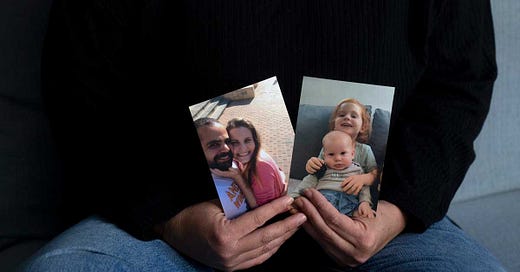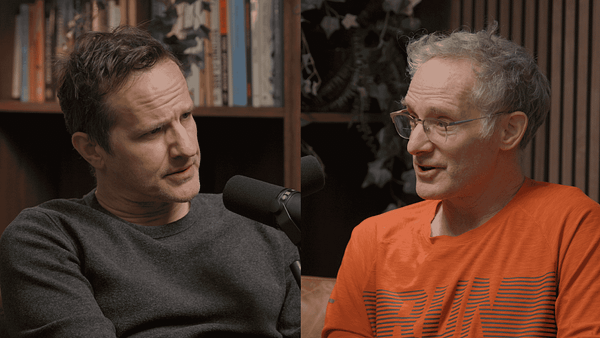
Before catching a flight in Tel Aviv recently I perused the English selection at the airport bookshop and saw, laid out next to each other on a table, The Librarian of Auschwitz, The Boy Who Followed His Father into Auschwitz, and The Fighter of Auschwitz. Not long before, I’d happened to glance at the list of Amazon bestsellers in the category of Jewish Biography and found The Stable Boy of Auschwitz, The Daughter of Auschwitz, The Dressmaker of Auschwitz, The Redhead of Auschwitz, and The Happiest Man on Earth: The Beautiful Life of an Auschwitz Survivor. This unscientific sampling doesn’t take into account the glut of Holocaust novels with titles where “Auschwitz” is implied, like The Boy in the Striped Pajamas, or products using Anne Frank’s name.
It has now been nearly 80 years since the Holocaust, and generations of kids across the West have been taught terms like Zyklon B and crematoria. Films like Schindler’s List have been earnestly canonized. Countless Holocaust museums have been built at a cost of billions of dollars.
Yet never since the Holocaust have anti-Jewish ideologies been so potent, so close to the surface, or so dangerous.













